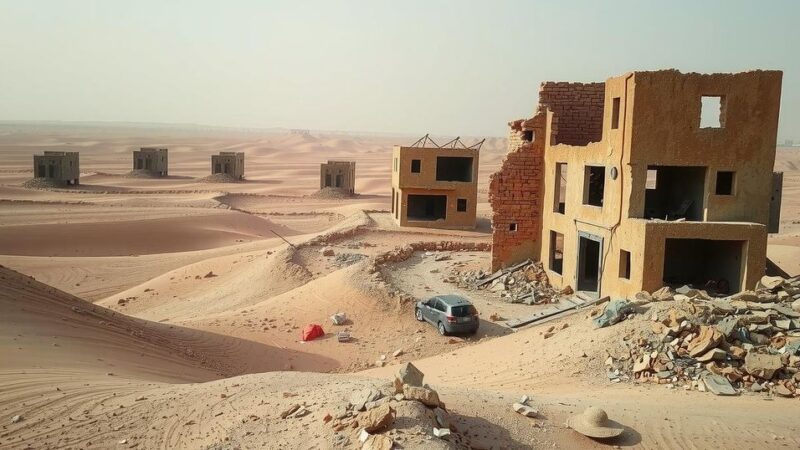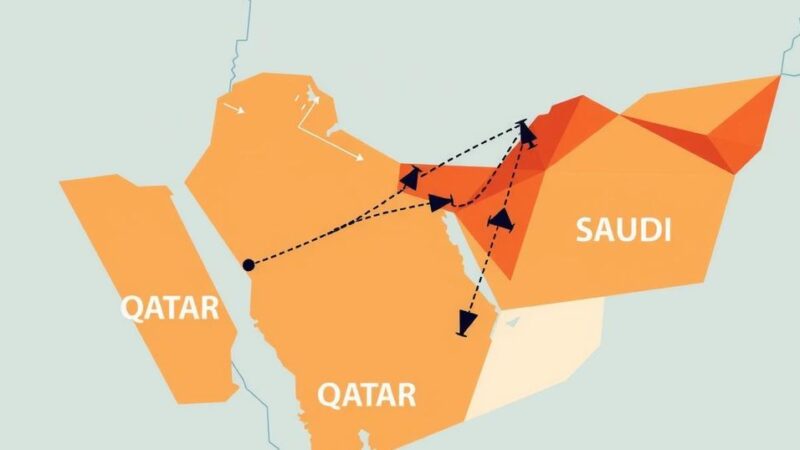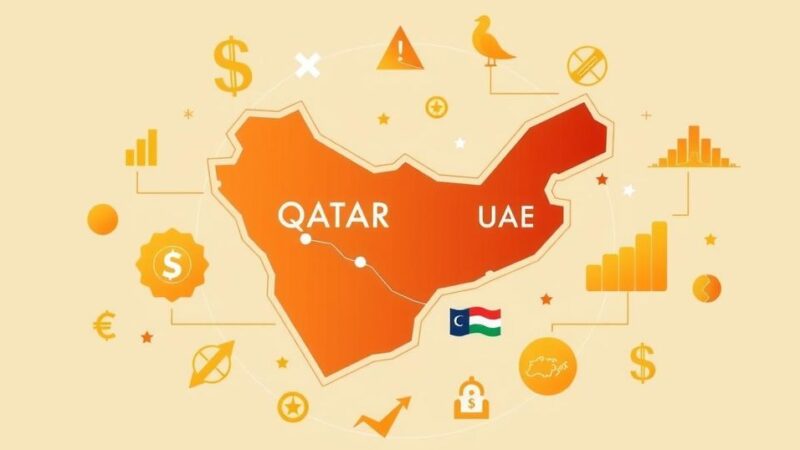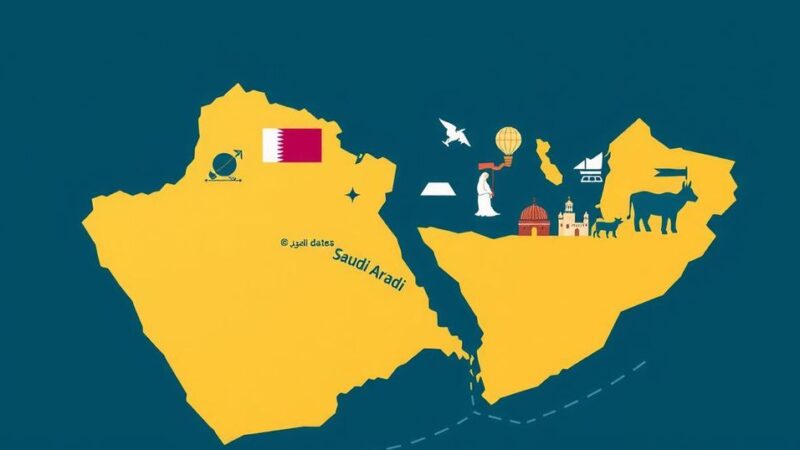President Paul Kagame emphasized that foreign aid has been weaponized, creating dependency in developing countries. While he appreciates the necessity of aid to some extent, he advocates for Rwanda’s efforts to achieve autonomy through self-sufficiency and domestic resource mobilization. Kagame criticized the control exerted by donor nations and argued that freezing aid in response to geopolitical issues, such as the DR Congo crisis, is ineffective for meaningful change.
In a recent interview with Mario Nawfal, President Paul Kagame of Rwanda expressed his concerns regarding the weaponization of foreign aid to developing nations. He articulated that aid has become a tool for control, fostering dependency rather than empowerment. Kagame emphasized that although Rwanda acknowledges the importance of aid, the nation strives to build its own capacities to eventually reduce reliance on external support.
Kagame stated, “Aid creates dependency. Whoever gives you aid, controls your life.” He noted that aid is often used to manipulate the actions of recipient countries, with threats of withdrawal acting as a means of control. Rwanda has been working diligently to minimize this dependency by focusing on self-sufficiency, enhancing domestic resource mobilization, and attracting investments.
The President pointed out that managed improperly, aid can be more of a liability than an asset. He acknowledged that Rwanda’s long-term strategy to reduce aid dependency has drawn criticism, being labeled as arrogant, insensitive, or even dictatorial. Despite this, he clarified that Rwanda is not against development aid; rather, they see it as a source of control, stating, “It is not that we don’t want aid for the sake of not wanting it; we are saying aid creates dependency.”
Currently, Rwanda faces sanctions from Western countries, including the freezing of aid over alleged involvement in the DR Congo crisis. Kagame remarked that such measures do not address the governance failures in DR Congo nor do they improve the conditions for millions affected by the conflict. He maintained that the strategy of freezing financial aid will not lead to meaningful change in the region.
In conclusion, President Kagame’s assertions shed light on the complexities of foreign aid in developing countries. He argues that aid, while necessary to some extent, often leads to dependency and control by donor nations. By promoting self-reliance and home-grown solutions, Rwanda aims to redefine its relationship with international aid, striving for autonomy instead of reliance. Ultimately, Kagame’s perspective calls for a reassessment of how aid is distributed and utilized in developing nations, particularly in light of the sanctions imposed on Rwanda.
Original Source: www.newtimes.co.rw






